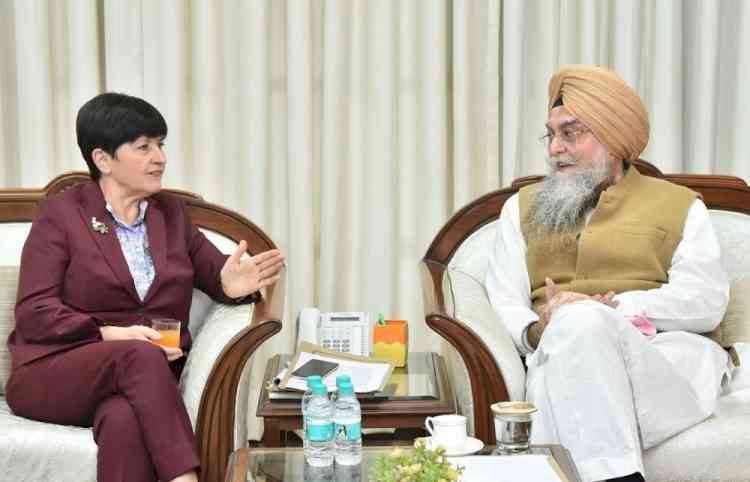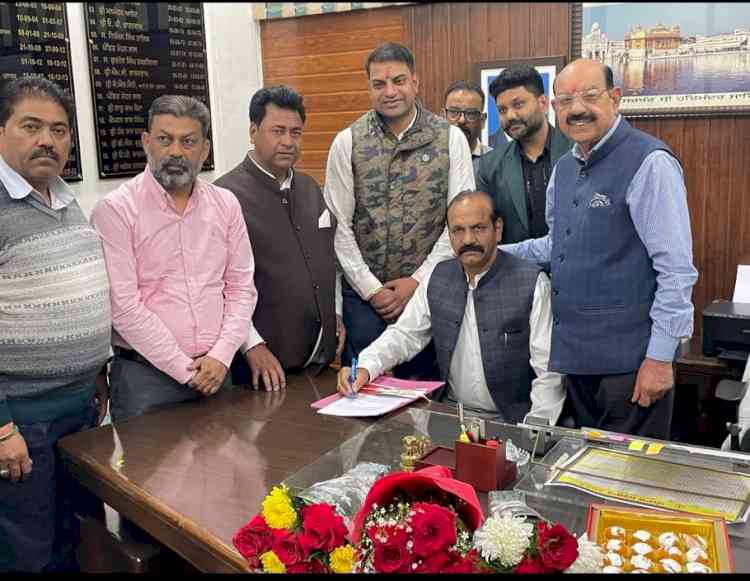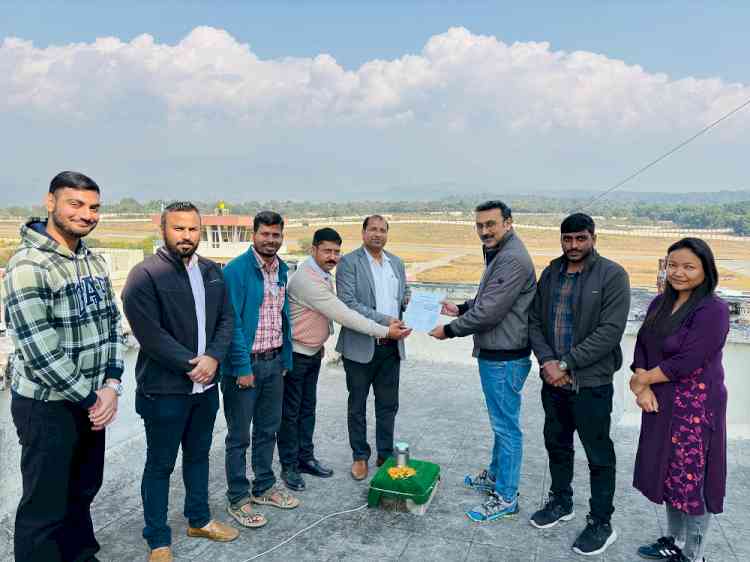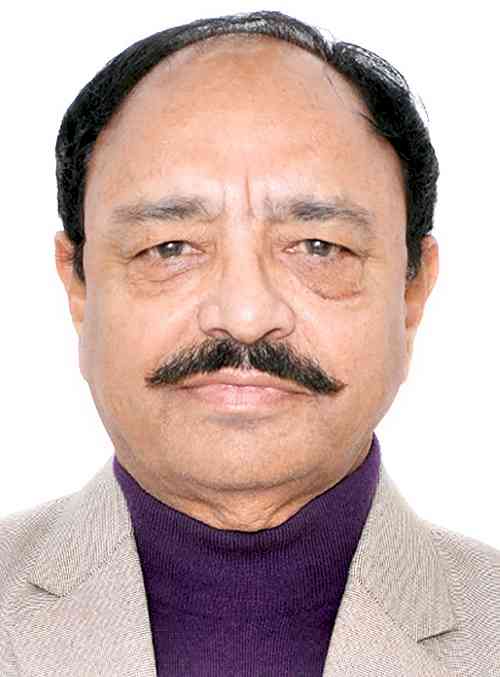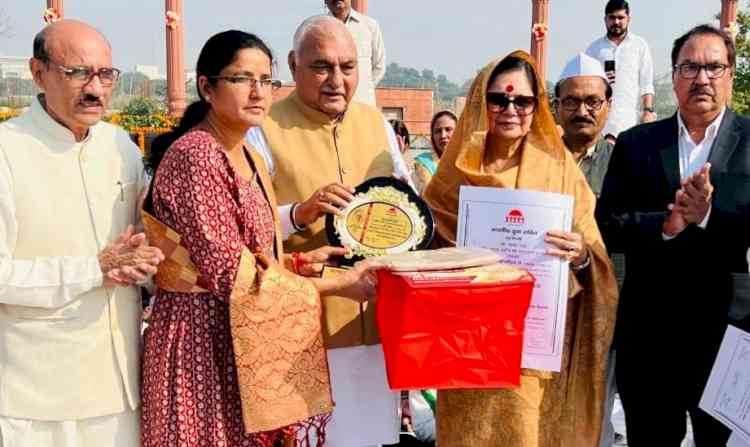PAU holds training course on mushroom cultivation technologies
The Skill Development Centre, Directorate of Extension Education, Punjab Agricultural University (PAU), organized a training course on “Advanced Cultivation Technologies for Mushrooms” today for the in-service candidates. The course was held under the guidance of Dr Makhan Singh Bhullar, Director of Extension Education.
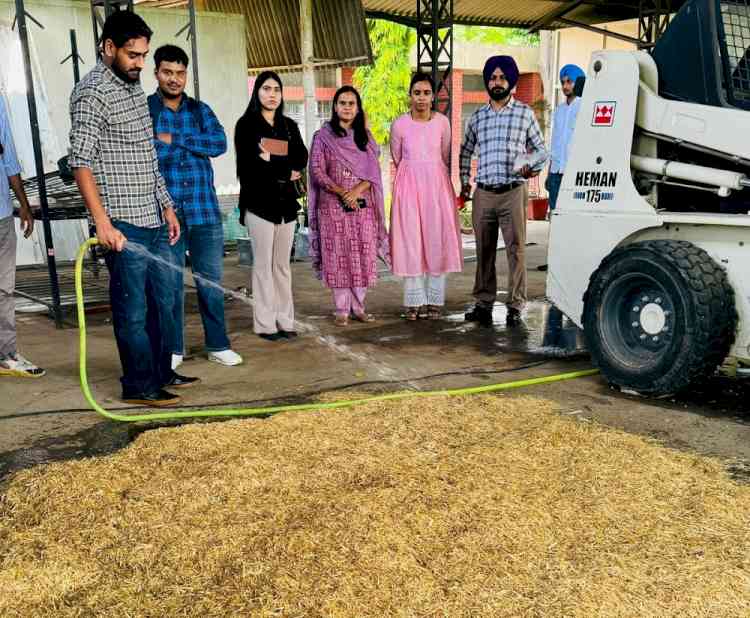
Ludhiana, August 30, 2024: The Skill Development Centre, Directorate of Extension Education, Punjab Agricultural University (PAU), organized a training course on “Advanced Cultivation Technologies for Mushrooms” today for the in-service candidates. The course was held under the guidance of Dr Makhan Singh Bhullar, Director of Extension Education.
Dr Rupinder Kaur, Associate Director (Skill Development), informed that this course was designed to enable in-service candidates to provide training to farmers on advanced cultivation technologies developed for mushrooms.
Dr Preetinder Kaur, Course Coordinator, highlighted that mushroom farming was one of the most profitable agri-businesses that one could start with low investment and less space. “Mushrooms are considered as super food as they are loaded with vitamins, promote a healthy immune system and boost bone health. Improved postharvest practices for the storage and processing of mushrooms including value addition and ready to eat products, will add good return to the growers as well as processors,” she observed.
Dr Shivani Sharma, Mycologist (Mushroom) and Technical Coordinator, explained techniques of spawn preparation, and cultivation of oyster, shiitake, milky and paddy straw mushrooms with their nutritional and medicinal value. She impressed upon popularizing different varieties of mushroom cultivation in Punjab.
Dr Jaspreet Kaur, Mycologist, conducted a visit to the mushroom farm and discussed cultivation of different varieties of mushrooms. She also gave demonstrations on long method of composting for mushroom cultivation.
Later, Dr Prerna Kapila proposed a vote of thanks and urged the participants to help more and more farmers, farm women and rural youth to adopt this agri–business to supplement their farm income.


 City Air News
City Air News 
